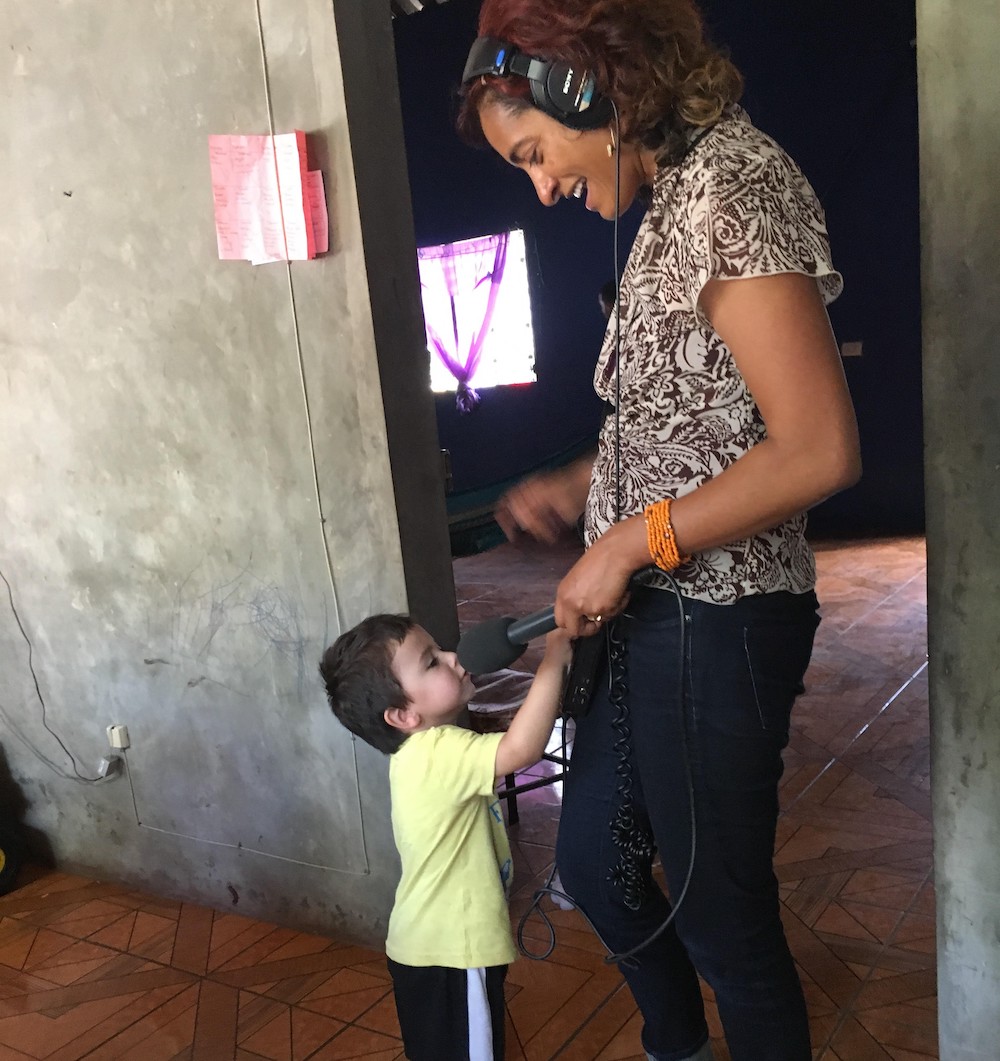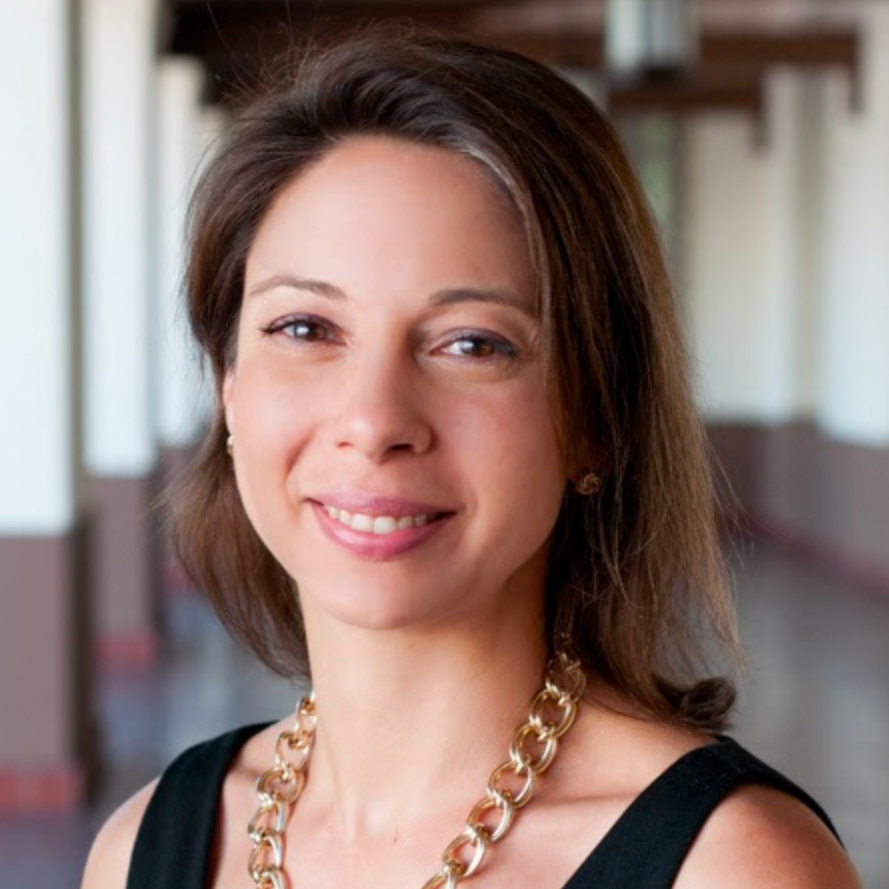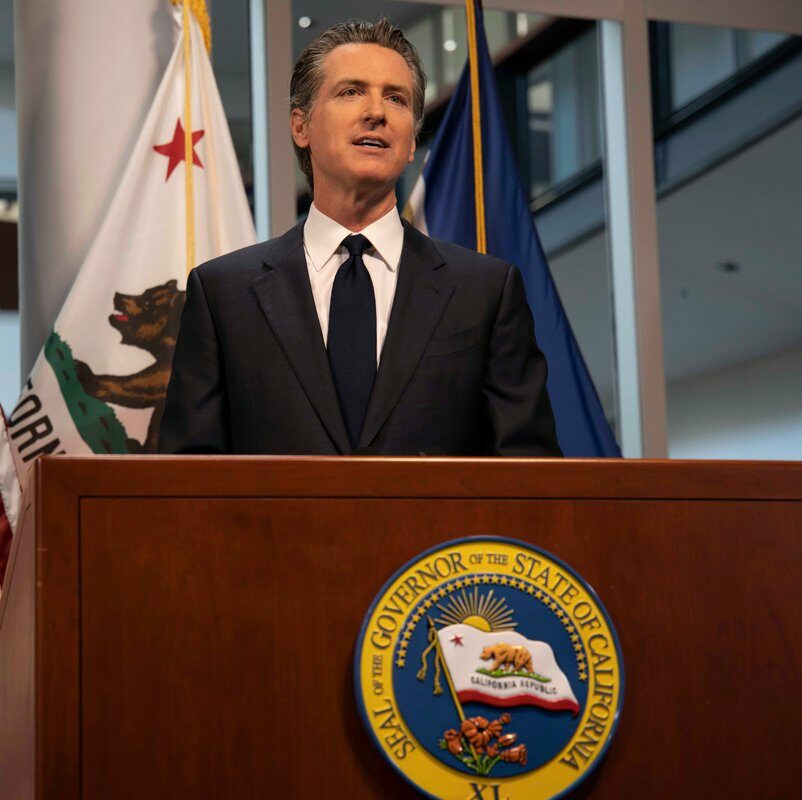March 28, 2023
Deepa Fernandes is an award-winning radio and print journalist, a two-time first-generation immigrant, and a mother of two lively and lovely kids. Her career began in Sydney, Australia, at college radio station 2SER where she was first a news reader and went on to produce a news magazine show about Asia and the Pacific region.
After reporting and living across Latin America in her early twenties, Deepa landed in New York City, where she produced and hosted shows on WBAI. She also began seeing the dearth of reporters of color, low-income reporters, and reporters from communities outside the mainstream. It led her to start a youth media training program in NYC public schools, that grew to become a national media training organization, People’s Production House, aimed at diversifying journalism. While running People’s Production House and hosting a three-hour morning show on WBAI, Deepa also got her master’s in journalism from Columbia University.
That work landed Deepa a prestigious JSK fellowship at Stanford, and the New Yorker left her Harlem home of over a decade for California, husband and tiny children in tow. After Stanford, Deepa went on to Southern California Public Radio, KPCC, where she started a new beat for the station covering early childhood development. From there, she returned to her foreign correspondent roots and freelanced stories from around the world for various public radio shows while continuing to cover early childhood issues in California through a reporting fellowship at Pacific Oaks College. Her work has won dozens of journalism awards.
What drew you to the early childhood beat?
I was a mother of two toddlers when I began covering Early Childhood issues. As a parent, I was confronting so many challenges and conundrums that I was unprepared for. I would search out answers online and realized there was really only medical literature, religious literature and academic literature. I was craving well-reported stories that consulted various perspectives and made the literature user-friendly. It didn’t exist. As I got to know my children’s daycare workers and preschool teachers, I began to see another whole side of an extremely exploited workforce. These stories were almost non-existent. There was a huge terrain that journalism had barely touched, and it was very exciting to me to get to be one of the first full-time journalists covering this critical area.
From your perspective, how has media coverage of pregnancy, young children and child care changed over time?
Coverage of pregnancy and child care has always been sparse. When I first began, my editors didn’t think the stories I pitched on pregnancy or the childcare workforce were early childhood stories. It was a battle to tell a story of pregnant women in prison. It was a battle to tell a story about child care workers earning less than minimum wage in California and organizing for rights. When I first pitched a story about the segregation I saw in early childhood settings, I was dismissed. It was years later — as a freelancer — that I could come back to tell that story. But the lack of knowledge and information that exists in general society about early childhood issues, and the fact that pregnancy and childcare workforce issues are central to this, exists in newsrooms too. Just a couple of years ago, I had an editor tell me he “didn’t buy” the quotes I had in my story from a Black woman who runs a preschool who was talking about why California’s new universal transitional kindergarten was not fully thought through and might cause preschools like hers to close. I chose to take that story elsewhere where editors did get it. So the media still has a long way to go in terms of truly covering these issues in a way that centers the voices of the people most impacted. But with the upswell of reporters covering early childhood as a beat, change is underway!
What do you hope changes about the coverage of “women’s issues” and early childhood development in the future?
Women are at the heart of small children’s lives — and centering the voices and experiences of these women is critical. Too often, the media will go to a politician, an academic or someone they deem an expert to talk about the issue — and the experts are rarely people living the issue. When we listen deeply at the community level, we hear the real story, the way things are truly playing out. It is our job as reporters to illuminate that, even if it is uncomfortable. Women’s issues have never truly been covered in a way that centers women, and especially women of color, as the protagonist, nor considers them the prime audience. All the early childhood reporting I see out there stands in dramatic contrast to the rest of the media’s coverage of women’s issues, and I’m so proud of my fellow early childhood reporters for breaking this ground and steering a better course for journalism in general through their powerful stories about early childhood.
Recent stories:









